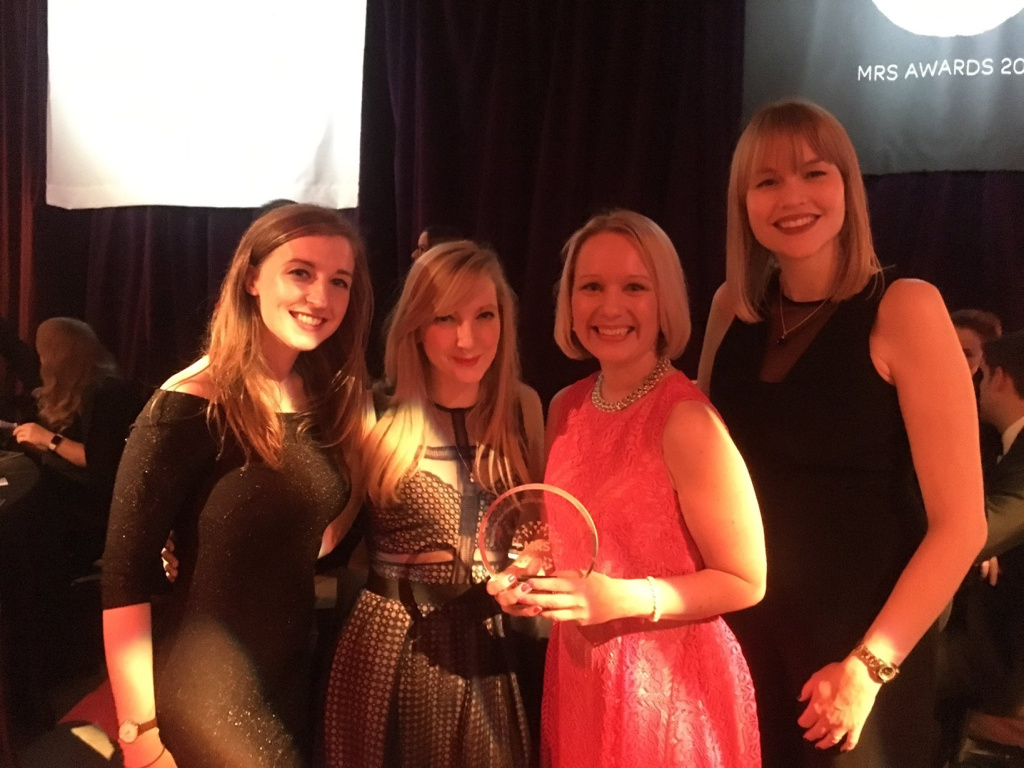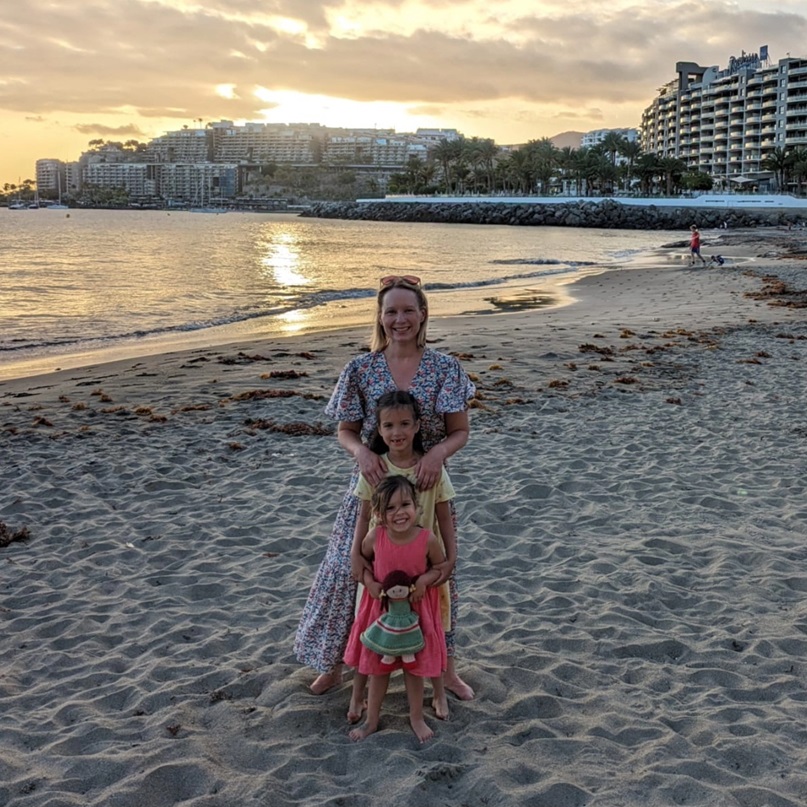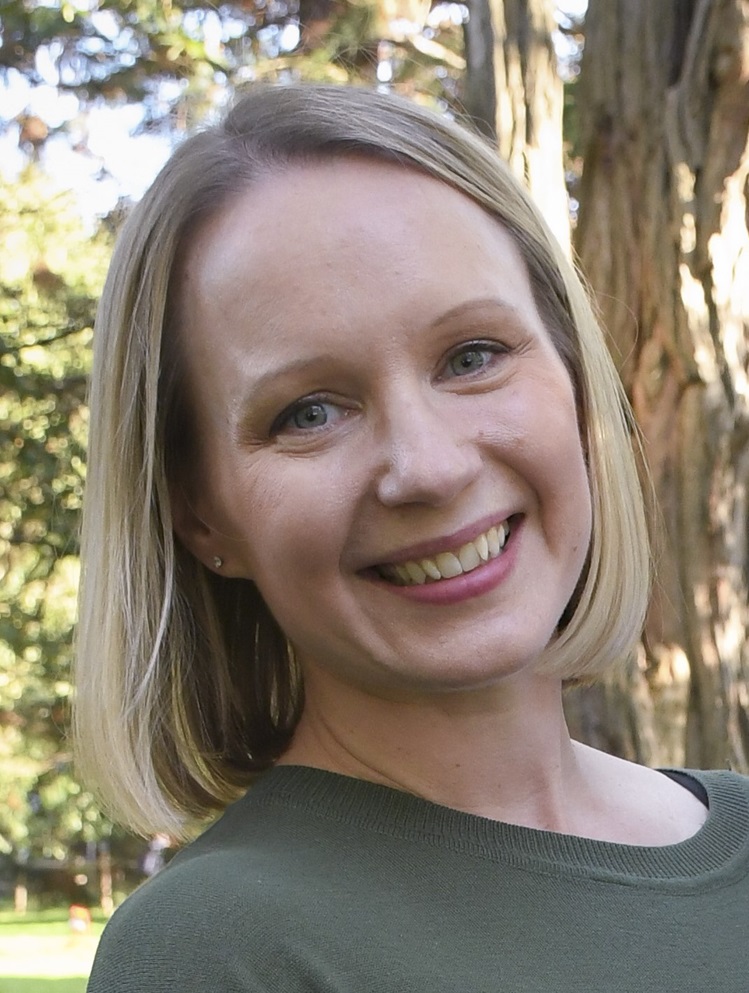How did you get there? Louise Vinter

Great to hear from Louise Vinter, a freelance research consultant who has progressed through her career by following opportunities that spark her curiosity and excitement. She has a background in political research, created a pioneering insight team in the world of book publishing, and has also served on the judging panel for the MRS Awards.
So, how did you get into the industry, and take us through how you got to this point?
I came into research deliberately rather than ‘falling into it’ like a lot of people seem to. I joined the Graduate Training Scheme at Ipsos MORI because I wanted to be a political opinion pollster. I started in their charities team which gave me a fantastic grounding in research because I was able to manage my own small projects relatively quickly. I really enjoyed working with organisations I cared about and on topics that felt important to me. After Ipsos MORI I moved to a similar role in the Social & Political team at GfK and enjoyed the thrill of working on a General Election exit poll!
Then I moved clientside and stayed there for over 10 years before going freelance. There might be a perception that clientside roles are narrower than agency roles, but I haven’t found this to be the case at all. I’ve worked in government, media and retail, and have gained experience across digital research, creative testing, branding, new product development, segmentation and more. I think the key is working for an organisation where you genuinely feel excited to walk through the door.
My proudest achievement in my career so far is setting up the Audience Insight function at Penguin Random House, the UK’s largest book publisher. I started there as one lone Insight Manager and progressed to Director with a team of six, a research panel, embedded consumer segmentation and full programme of research. We won Business Impact of the Year at the 2016 MRS Awards.
Now I have two children and I’ve been working as a freelance research consultant for the past five years. I feel lucky to have a career that lends itself to flexible ways of working.

Why should anyone consider a career in market research, data and insights?
So many reasons! It gives an opportunity to solve complex, important and really interesting problems for organisations, and to have a genuine impact. You’ll also develop diverse and transferable skills, from data analysis and problem solving, to storytelling and communication skills. For me, one of the best things about our industry is being able to use both the creative and analytical sides of my brain.
Career paths are rarely without challenges. Can you share an honest moment from your career when things didn’t go quite according to plan, but the lessons remain with you to this day?
Over my career I’ve applied for a number of roles that I haven’t got, and I’ve also been offered roles that I’ve decided not to take. I think the lesson is, when you’re looking for your next move as a young researcher, don’t be afraid to hold out for something that just feels intuitively right for you at that time. It should spark your interest and feel a little bit exciting. When you go to an interview, make sure you’re assessing whether it’s a role you want to do, as well as them assessing you.
What two things should junior researchers focus on as they progress in their careers?
Try to get as broad exposure to different methods and types of research as possible. Develop a growth mindset so that you’re always learning.
Also, don’t hold back. You are often the most expert person in the room. Particularly in clientside roles – don’t be afraid to influence beyond your remit, no matter how junior your role.

Do you have any advice for our sector?
We need to embrace data beyond traditional market research and be more joined up with analytics and business intelligence professionals. With the growth in big data and AI, we can play an important role in using our human understanding to interpret data.
At the same time, we need to ensure that our traditional methods are robust, which means standing up for rigour, ensuring our panels are representative, our questions are not leading, and our surveys are not long and boring – being as good as we can be. This also includes embracing diversity and inclusion in our sector and reflecting all voices.
And do you have anyone who has helped your career so far that you’d like to acknowledge and say thanks or give a shout out to?
The people I’ve worked with in research are often among the most genuine, hard working, thoughtful people I’ve met in my career – so I’d like to thank the industry in general. More specifically, I had some inspiring managers early in my career, particularly Dr Rachel Williams in my first job at Ipsos MORI, Nick Moon at GfK, and the whole wider Audiences team at the BBC where I met many research gems!